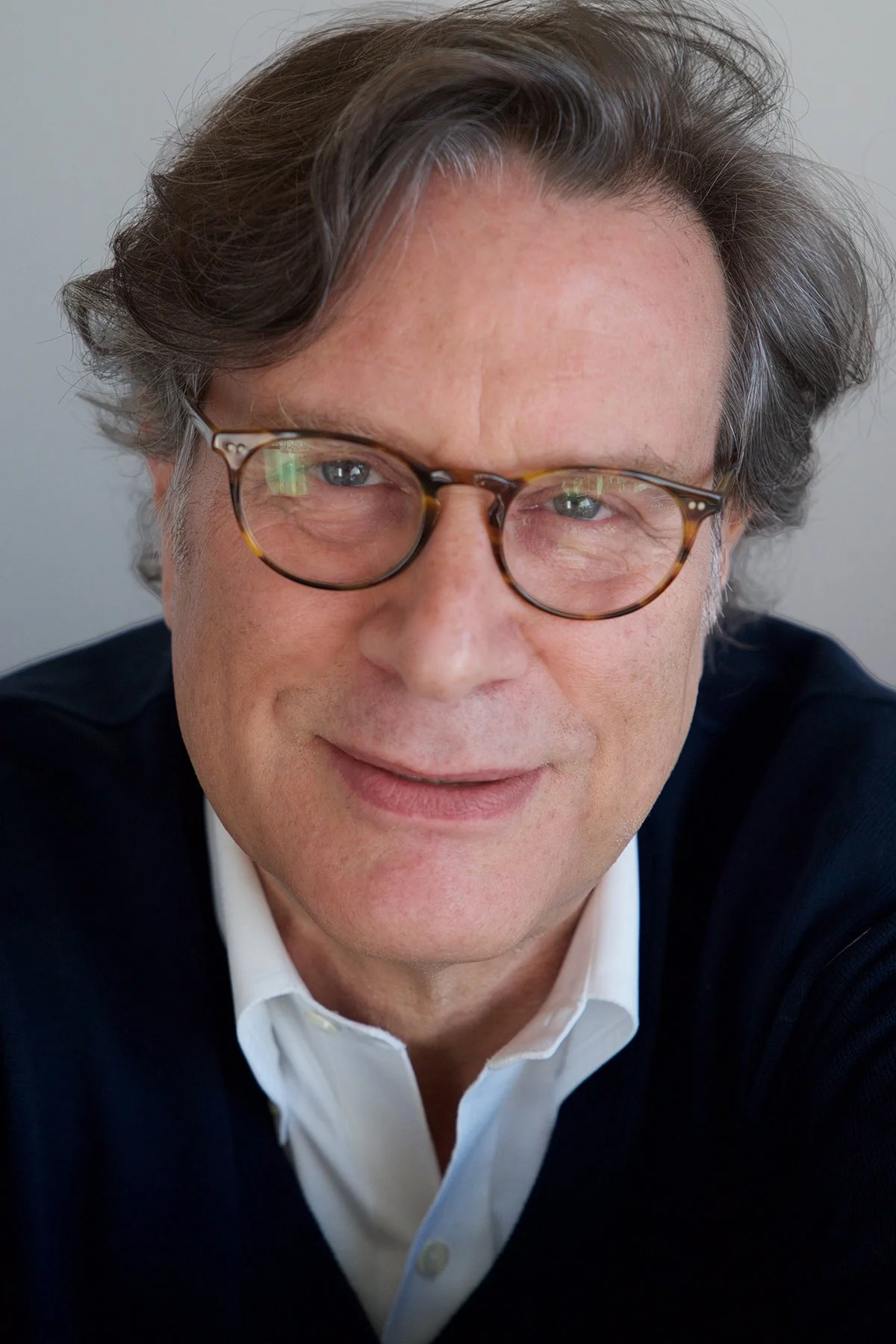Author Danny Goldberg’s new book is ‘Bloody Crossroads 2020: Art, Entertainment, and Resistance to Trump’. Goldberg had previously published ‘Serving the Servant: Remembering Kurt Cobain ( Goldberg was Nirvana’s personal manager), as well as ‘How The Left Lost Teen Spirit’, ‘Bumping into Geniuses’, ‘In Search of the Lost Chord, 1967 and the Hippie Idea.’
He also managed Bonnie Raitt, Sonic Youth, Allman Brothers and runs Gold Village Entertainment with a client list which includes Steve Earle, Martha Wainwright, and The Waterboys.
His new book relates how 45 galvanized the artistic left and Goldberg interviews those who used their platforms as musicians and entertainers to call out, warn, and generally urge for resistance against the former president.
Slowcity.ca had a chat.
Slowcity.ca: What was your reasoning for writing this book?
Danny Goldberg: “It was clear to me that after Trump was elected, that there was a huge increase in the political engagement of artists and entertainers in the resistance to him ranging form long time activists like Jane Fonda and John Legend to pop stars like Taylor Swift, Cardi B and Billie Eilish whose political engagement was more recent and included performers like Jim Carrey, Robert De Niro and Bette Midler who had previously been pretty quiet about politics. I also observed that most American political journalism either ignored or condescended to this phenomenon which seemed myopic to me with a reality TV show host in the White House. So I decided to write an alternative history of the 2020 campaign through the eyes and words of artists and entertainers.”
SC: So many artists are told to stick with music and stay out of politics - in your experience and your research what is the fall-out, good or bad, for artists making political statements?
DG: “The right-wingers who tell artists to “shut up and sing” are almost always ideologically motivated. The same people who attack Taylor Swift for being political usually embrace right wing performers like Jon Voight who Trump gave a medal to.
As far as fall-out goes---I think most fans like artists because of their art. I think that Bruce Springsteen’s fans pretty much know what his politics are but come to see him play for the music. And even though I’m nauseated by Eric Clapton’s recent anti-vax rants—I still will always listen to “Layla” all of the way through whenever I hear it on the radio.
For the most part I don't think it helps or hurts careers the one exception in recent decades being the Dixie Chicks after Natalie Maines criticized George W. Bush at the outset of the Gulf War because a big part of the group’s fan base connected with them through American country music radio stations who stopped playing the Dixie Chicks records in deference to their Republican listeners.”
SC: The book is a great read of a timeline and of actions taken, do you think these actions mattered in the end, did they affect change and do you think this change is permanent or transitory?
DG: “I think that artists and entertainers were part of the coalition that defeated Trump. There were many other factors but the ideological and moral clarity of the vast majority of artists were part of the larger victory.
I think that most of the artists of the resistance will stay engaged but there I no telling what other political winds will blow. One day at a time.”
SC: How has the writing of this book changed you politically and personally?
DG: “My politics haven’t changed. I’ve been a “leftie” as long as I can remember, Personally-Im so glad I did it because it gave me something to do during lock-down. It's a great satisfaction to finish the book—and a great source of anxiety to await the response to it.”
SC: When you got into music did you find yourself drawn to politically active artists or more towards the entertainment side of it? and can you give me some of the artists and songs you have drawn inspiration and comfort from?
DG: “I graduated from High School in 1967 at the peak of the Viet Nam War so as a teenager I was inspired by many politically outspoken artists like Phil Ochs, Buffy St, Marie, John Lennon,The Jefferson Airplane and others. I also was inspired by films and theatre like The Dutchman, A Raisin in the Sun, and Dr Strangelove.”
SC: There is on one hand the power of a celebrity endorsement for politicians but is there, do you think, on the other hand, a regard for the creativity of the artist on the side of the politician,- and the artists' need to be free to create?
DG: “I think each artist is an individual and has to follow their own muses. Not every great artist feels the impetus to be political –and among those that do—not all of them are what I would consider “progressive. “ But art is often a vehicle that suggests moral and political ideas.
As far as creative freedom for artists is concerned—I’m for it. I believe artists should fully express themselves whether or not I like with what they do”
SC: For me on a broader societal level I hope your book instills in any politician who reads it a greater interest in collaborations between the political and the creative class not just for the fan votes but for the creativity which can be unleashed. We are in such a mess these days only the most creative, innovative minds can help us.
DG: “I agree! Thanks so much for reading the book and for your thoughtful questions.”

